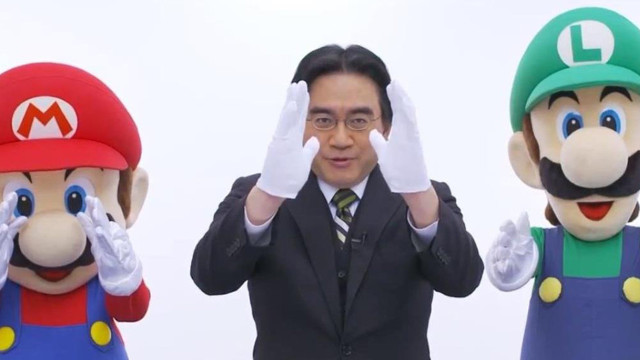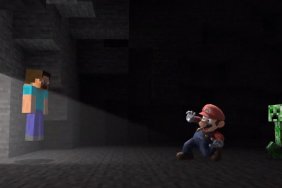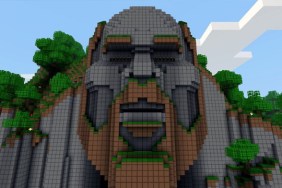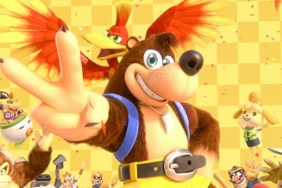Satoru Iwata's tragic death has left the world in disbelief. One minute he appeared busy with the future of Nintendo, and the next he was gone. It was all so sudden, stunning, and heartbreaking.
Many knew him from his appearances on Iwata Asks and Nintendo Direct, but there was much to Iwata's life than on-screen presentations. His 55 years on Earth were impactful and productive, leaving the world a much better place than before his existence. Below you will find 10 facts about Satoru Iwata that give you a better idea of what made him so great.
10 Things You Might Not Know About Satoru Iwata
-
He was willing to take a pay cut for the greater good
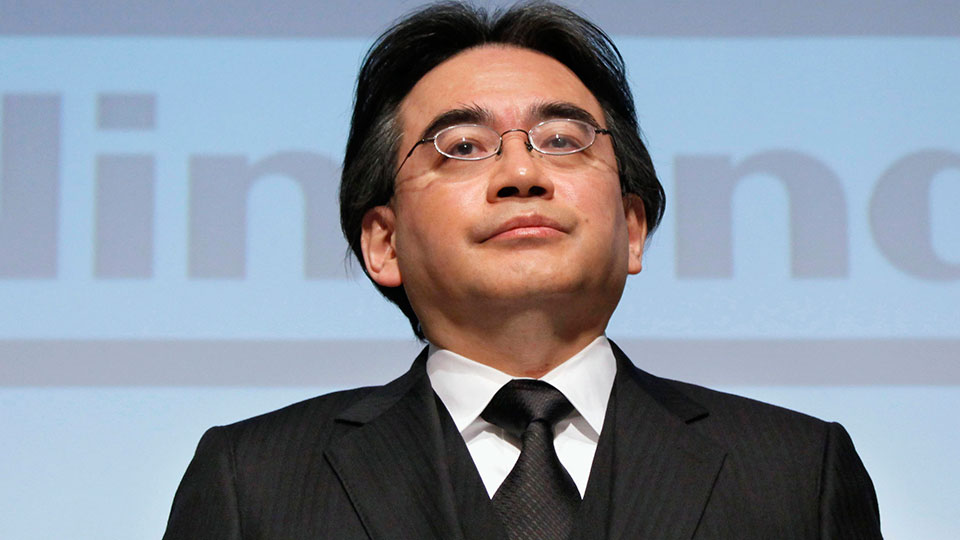
Iwata's on-screen personality was vibrant and lovable, but he was equally as astounding of a person when off-camera. In 2014 when Nintendo faced financial hardship, he took a 50% pay cut to help the company during hard times. This played a part in Nintendo rebounding to stability during late 2014/early 2015. -
He saved Earthbound from destruction
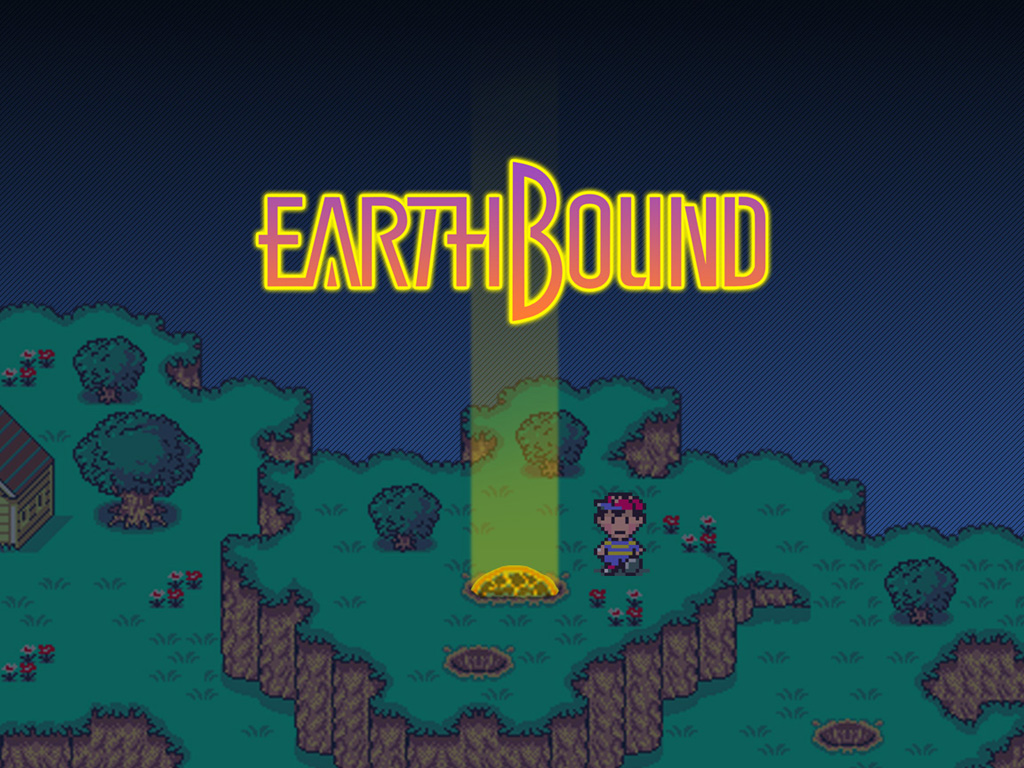
Earthbound was the first major critical success that Iwata worked on. Although at release it looked like a perfect project, releasing to widespread critical acclaim, during development there was a point in time when the game code was a tragic mess. As producer and lead programmer, Iwata rewrote thousands of hours of code to make the game run well on the Super Nintendo Entertainment System. Fellow team members recount the event as a miracle in game development. -
His career was dedicated to Nintendo
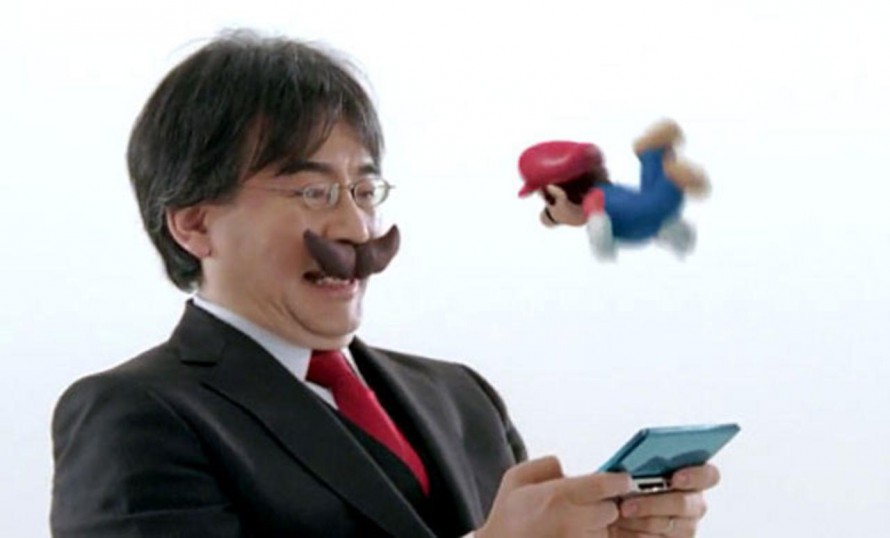
Iwata worked for HAL Laboratory, a subsidiary of Nintendo, while attending Tokyo Institute of Technology in the early 80's. He would spend the next 25 years working for Nintendo in various roles, most prominently as president from 2002 to 2015. -
He broke the Yamauchi trend
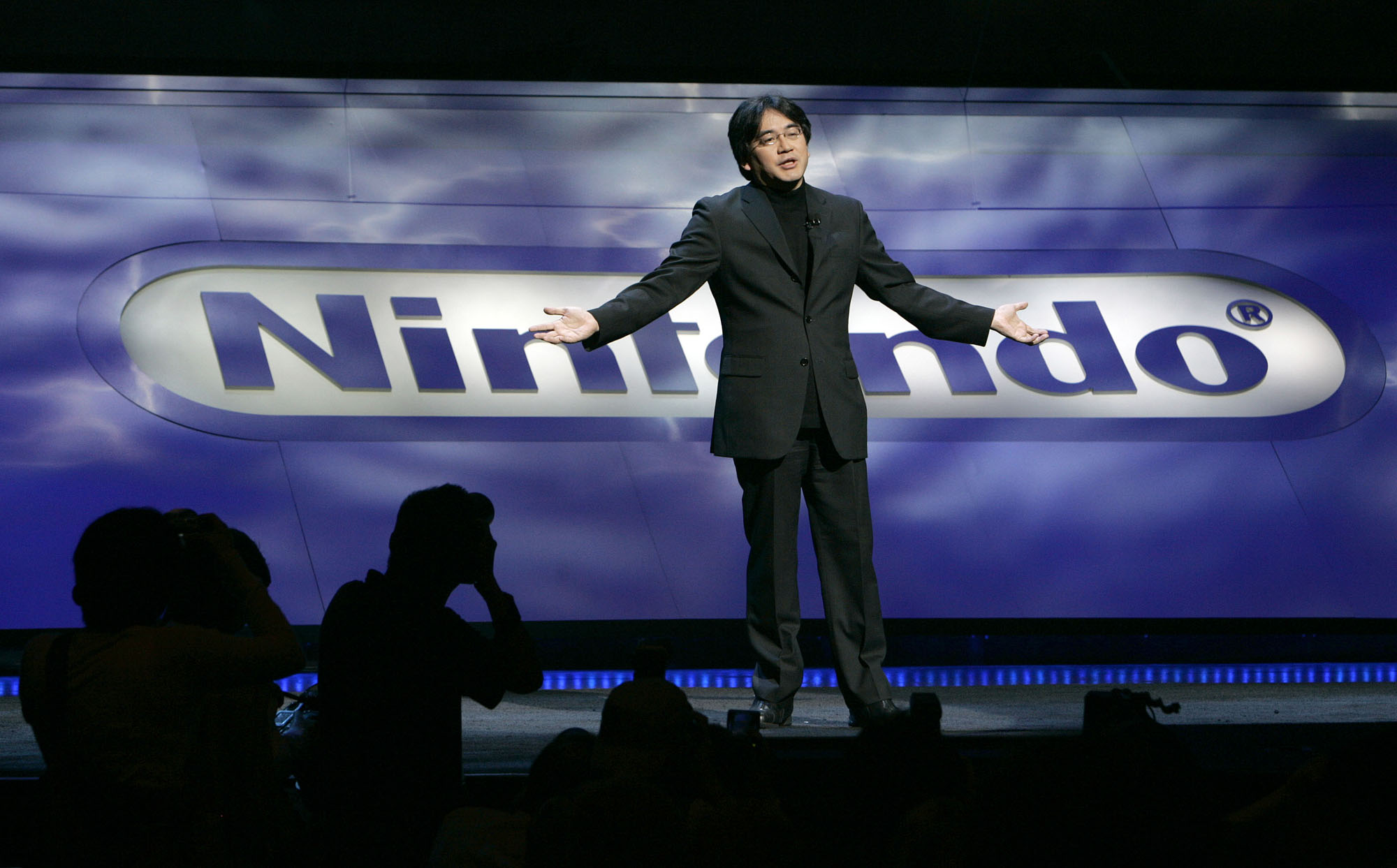
Previous to Iwata, Nintendo was run by members of the Yamauchi family since its inception in the late 19th century. He would break this trend upon earning the title of President of Nintendo in 2002. -
He wanted to merge handheld and console
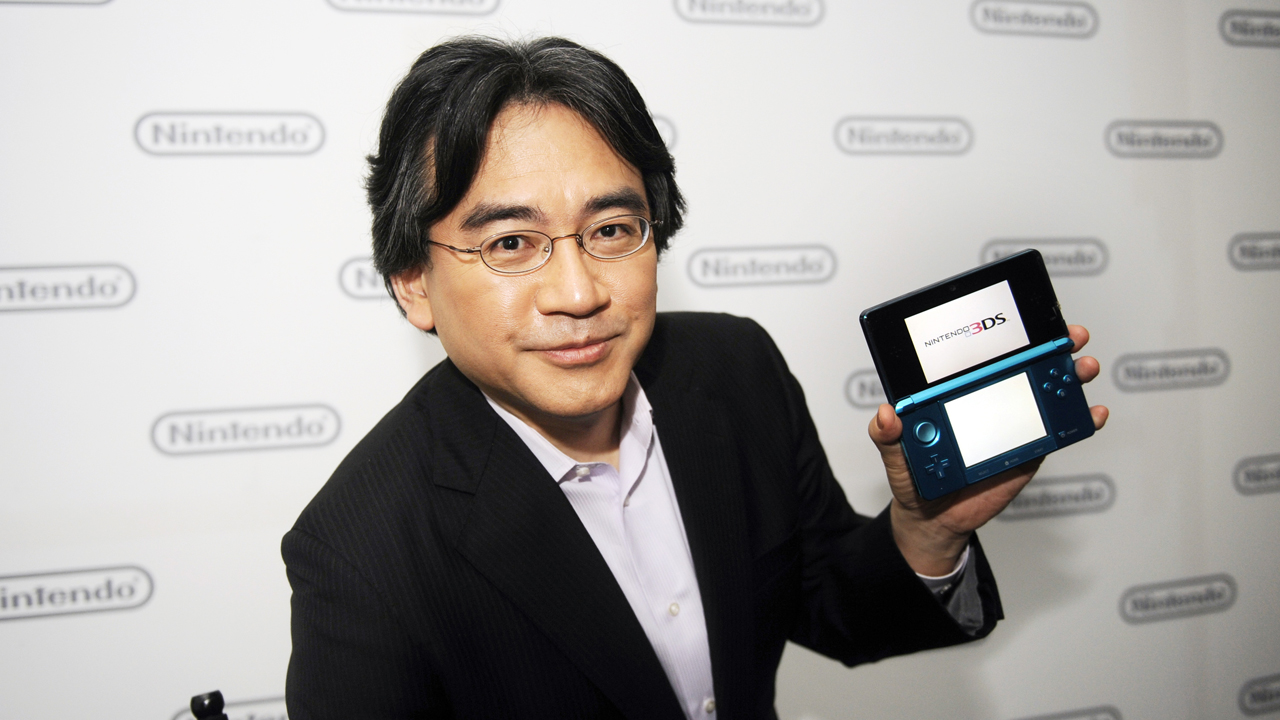
Iwata had shared that he believed the future of Nintendo lied in bridging the gap between its handheld and console ecosystems. This has led many to believe that the next Nintendo device will be a hybrid system. It is expected to release in mid-2016 under the name Nintendo NX. It will likely be dedicated to Iwata's legacy. -
He played and made games at a young age
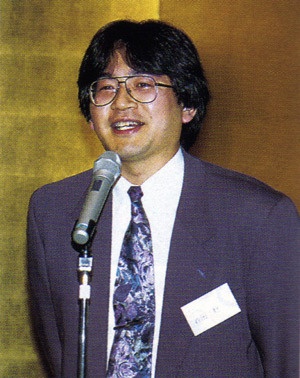
In his high school years, Iwata first started programming games. He made small games while experimenting, even creating a calculator that he shared with classmates. His interest in programming extended from his deep affection for them since childhood. -
His first PC was a Commodore PET

Iwata was fascinated by technology, and began his work with computers in the late 70's via the Commodore PET. He wanted to understand how it worked so much that it disassembled it and analyzed each component. This proved to be a contributor to his success, as the PET had a similar CPU as the Nintendo Entertainment System allowing him to utilize his knowledge when he began working for HAL Laboratories. -
He could write code extremely fast
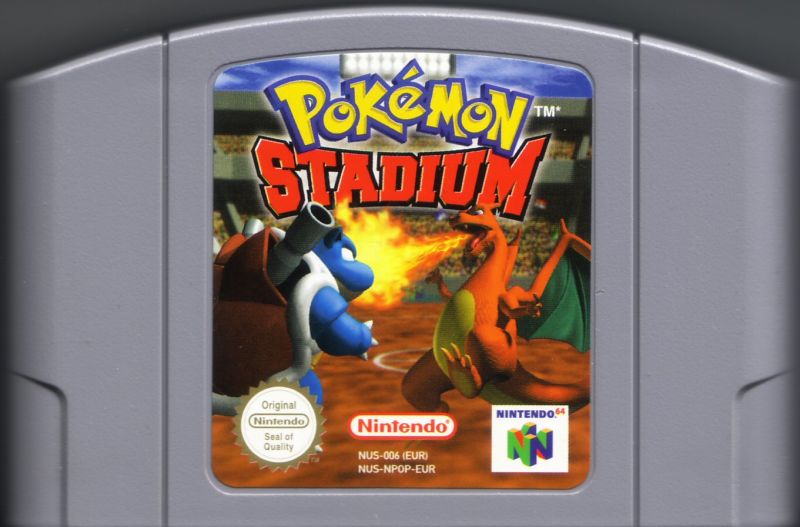
in 1998 Iwata was able to write the entirety of the combat code in Pokemon Stadium over the course of a week... by himself. -
He believed that games shouldn\'t cost more than $50

During an interview with CNN in 2006, Iwata shared the following:
rn
rn"I cannot imagine any first party title could be priced for more than $50. In the US, we're going to see the next generation cost an awful lot, I really don't think that there's going to be a lot of acceptance by current customers of the $60 price tag. They may allow that for a limited number of premium titles, but not all."
rn
rnTimes sure have changed. -
His first published game was Super Billiards
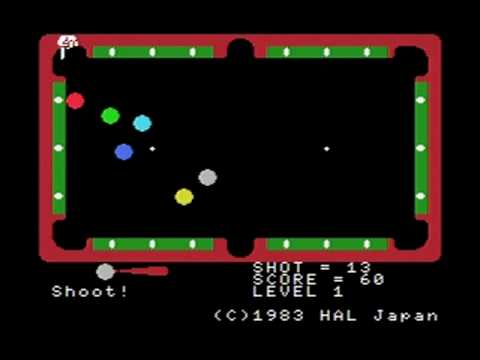
In the early 80's Iwata created Super Billiards, a pool game for the MSX. He worked on the HAL Laboratories project while earning a college education in Tokyo, Japan.
